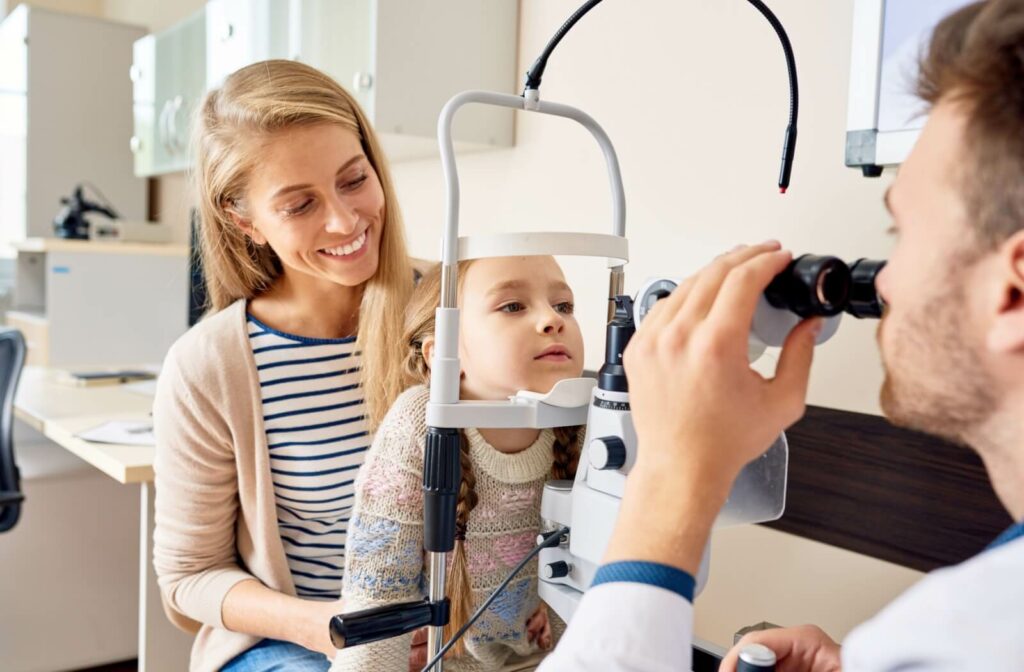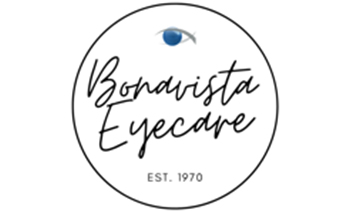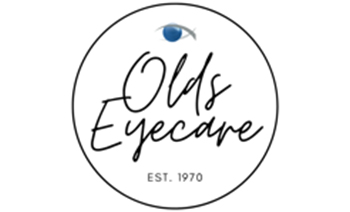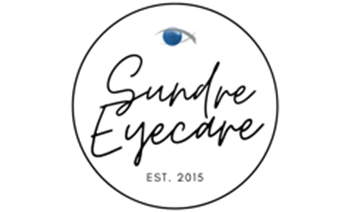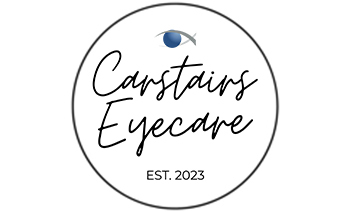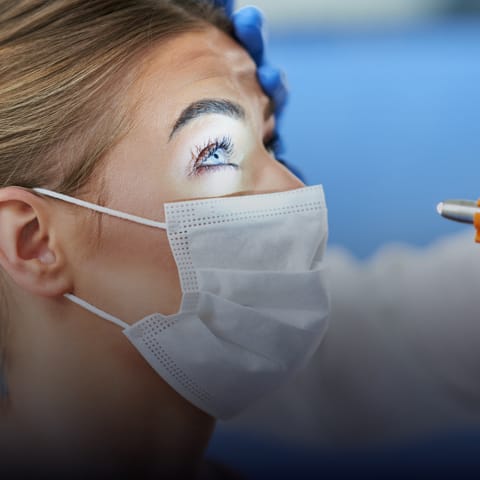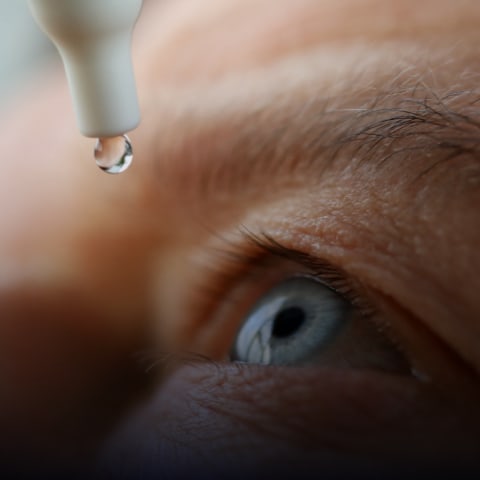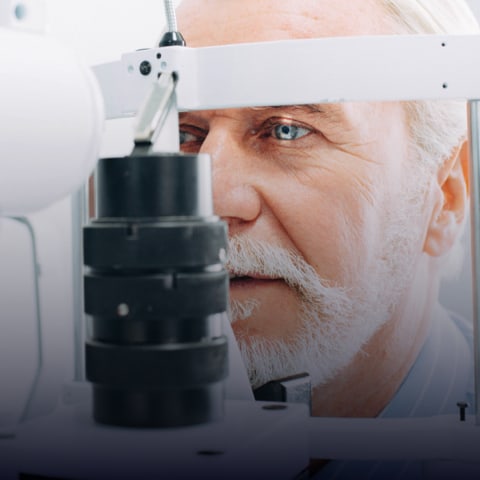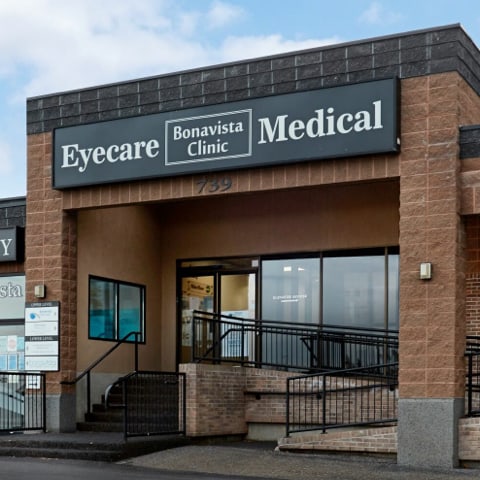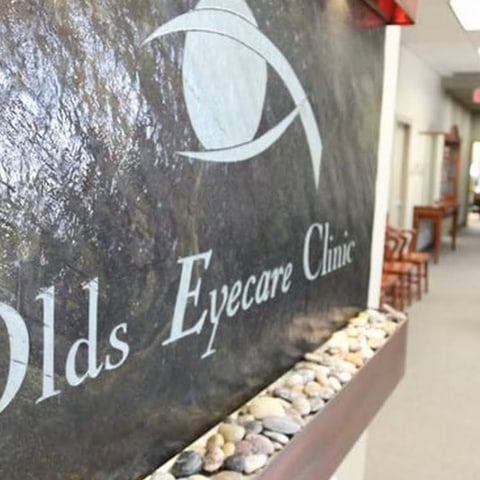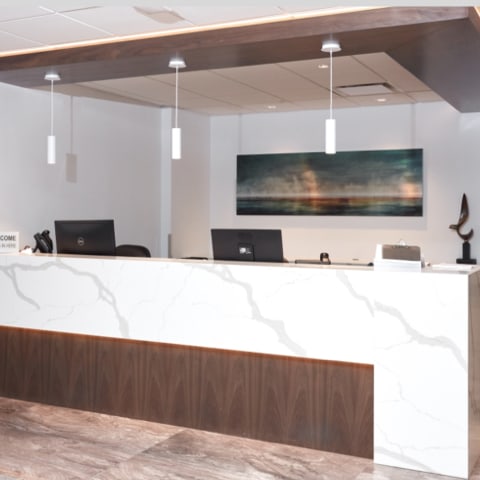Regular eye exams are a crucial part of maintaining healthy vision and detecting potential eye conditions early. The frequency of eye exams depends on your age, overall health, and specific risk factors. These exams not only help ensure clear vision but also allow optometrists to catch underlying health issues like diabetes and hypertension.
At our eye care clinics in Bonavista, Olds, Carstairs and Sundre Eye Care Clinics, we offer comprehensive eye exams to assess your vision and eye health. Our team of experts provide thorough, personalized care to patients of all ages.
Eye Exam Recommendations by Age
The Canadian Association of Optometrists outlines how often individuals in different age groups should schedule eye exams.
Infants & Toddlers (Birth to 24 Months)
Infants should have their first eye exam between 6 and 9 months of age. Early detection of issues like crossed eyes (strabismus) or lazy eye (amblyopia) is critical for healthy visual development.
Preschool Children (2 to 5 Years)
Preschool-aged children should undergo at least one comprehensive eye exam. Identifying and addressing vision problems early can prevent developmental delays and prepare them for school.
School-Age Children (6 to 19 Years)
Annual eye exams are recommended for children aged 6 to 19 years. As children grow, their vision needs can change, making regular assessments important for academic success and extracurricular activities.
Adults (20 to 39 Years)
Adults in this age range should schedule eye exams every 2 to 3 years. While the risk of serious eye diseases is lower, regular checkups help monitor vision changes and detect issues like glaucoma early.
Adults (40 to 64 Years)
The risk of eye conditions such as presbyopia, cataracts, and macular degeneration increases as you age. Adults between 40 and 64 should visit their optometrist every 2 years to keep their vision and eye health in check.
Seniors (65 Years & Older)
Annual eye exams are essential for seniors, as they are at higher risk for conditions like glaucoma, cataracts, and age-related macular degeneration. Regular monitoring helps ensure early detection and effective management.
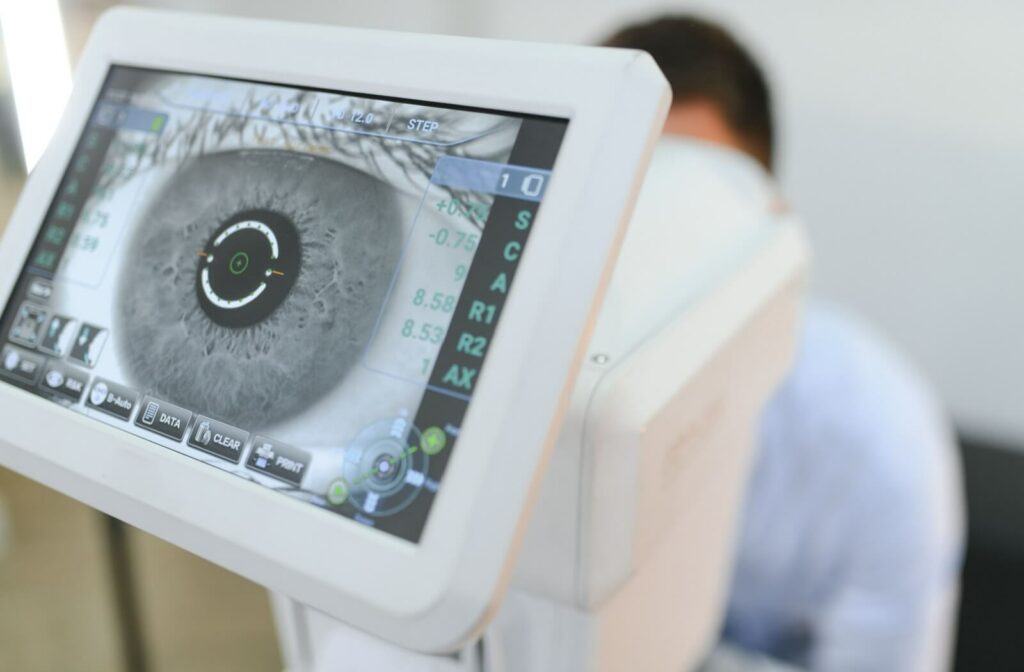
Eye Exam Frequency for High-Risk Individuals
Some individuals may require more frequent eye exams due to specific health or lifestyle factors. If you fall into any of the following categories, discuss your needs with your optometrist:
- Family history of eye diseases like glaucoma or macular degeneration
- Systemic health conditions such as diabetes or hypertension
- Occupational hazards like prolonged screen time or exposure to harmful substances
- Medications that may affect your eyes
Our team in Bonavista, Olds, Carstairs and Sundre Eye Care Clinics provides personalized care to help patients with high-risk factors manage their vision and eye health.
Warning Signs That Require Immediate Attention
In addition to routine eye exams, certain symptoms warrant immediate attention from an optometrist. These include:
- Sudden vision changes, such as blurriness or double vision
- Eye pain or discomfort
- Frequent headaches or eye strain
- Flashes of light or an increase in floaters
If you experience any of these symptoms, schedule an appointment as soon as possible.
Benefits of Regular Eye Exams
Eye exams provide several benefits that extend beyond updating your prescription:
- Early detection: Many eye conditions, including glaucoma and diabetic retinopathy, show no symptoms in their early stages. Regular exams allow for timely intervention.
- Prescription updates: Accurate prescriptions improve vision clarity and reduce discomfort from outdated glasses or contact lenses.
- Overall health monitoring: Eye exams can reveal signs of systemic conditions like high blood pressure, diabetes, or even certain cancers.
At Bonavista, Olds, Carstairs and Sundre Eye Care Clinics, our comprehensive eye exams are designed to address both your vision and overall health needs.
What Happens During an Eye Exam?
A typical eye exam includes:
- Case history: Reviewing your medical history, lifestyle, and vision concerns
- Visual acuity test: Measuring how clearly you can see at different distances
- Refraction test: Determining the correct prescription for glasses or contact lenses
- Eye health evaluation: Examining the internal and external structures of your eyes
- Additional tests: Checking depth perception, colour vision, or eye pressure, depending on your needs
As life gets busy, it’s normal to start cutting nonessentials out of your schedule, but your eye exam should stay on your calendar. Most comprehensive eye exams last from 30 minutes to an hour but can take longer depending on your specific eye concerns or medical history.
Maintaining Eye Health Between Exams
To support your vision between regular eye exams, consider these habits:
- Follow the 20-20-20 Rule: Reduce eye strain by looking at something 20 feet away for 20 seconds every 20 minutes during screen use.
- Eat a balanced diet: Include foods rich in omega-3 fatty acids, vitamins A, C, and E, and antioxidants.
- Protect your eyes with sunglasses: Choose lenses that block 100% of UVA and UVB rays.
- Wear safety glasses: Use protective eyewear during sports or hazardous activities.
Why Choose Us?
We’re committed to providing high-quality eye care for patients of all ages. Our family-focused approach, abundance of technology, and personalized service set us apart. With four convenient locations, it’s easy to prioritize your vision health.
Schedule your next eye exam today and take the first step toward preserving your vision for years to come.


